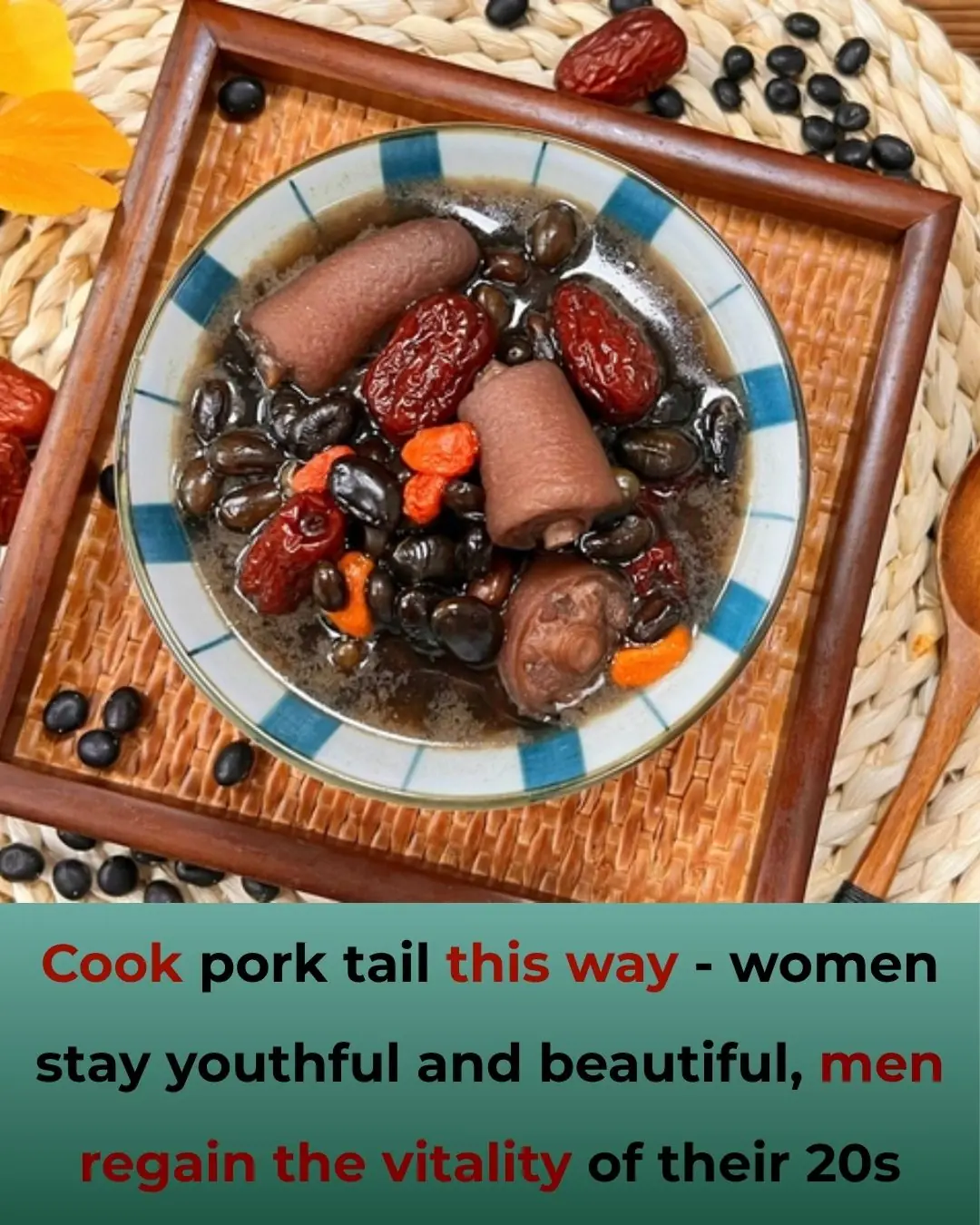
VA Descendants Of First Enslaved Africans In North America Return To Ancestral Land
Virginia Descendants of America’s First Enslaved Africans Return to Ancestral Homeland in Angola
They’ve gone back to where their family story began — nearly 400 years later.

The Virginia descendants of the first recorded enslaved Africans in North America have made a deeply emotional journey back to their ancestral homeland in Angola, reconnecting with their family’s origins after centuries of separation (The Grio).
Honoring the Legacy of William Tucker
Siblings Vincent and Dr. Wanda Tucker are the proud descendants of William Tucker, who was born in Virginia in 1624 and is recognized as one of the first children of African ancestry documented in English North America (The Washington Post). To preserve his legacy, the siblings founded The William Tucker 1624 Society, an organization dedicated to educating the public about the history, resilience, and cultural impact of the first Africans who arrived in colonial Virginia. Many of their relatives still reside in the Hampton Roads area, where the family’s story first began over four centuries ago.
“Our family carries both pain and pride,” Vincent explained. “We represent the beginning of African American history in this country, and we want the world to remember that our story didn’t start with slavery — it started with a people, a culture, and a homeland.”
A Presidential Invitation Fulfilled
In September, Vincent and Wanda met Angola’s President João Lourenço at the Smithsonian’s National Museum of African American History and Culture in Washington, D.C. During their meeting, President Lourenço spoke about the shared history that binds Angola and the African diaspora, inviting the Tucker family to one day visit their ancestral land (NPR).
Last month, the Tuckers accepted his invitation and traveled to Angola — a homecoming centuries in the making. For the family, the trip represented both healing and historical reclamation. They visited several historical landmarks, including the Kwanza River, where millions of enslaved Africans were forced onto ships bound for the Americas during the transatlantic slave trade.
Standing at the river’s edge, Vincent said he felt an almost spiritual connection to his ancestors. “We could just imagine what that journey must have been like,” he told reporters. “Being taken down to the river, separated from everything you knew — it was heartbreaking and deeply moving at the same time.” (Associated Press).
Walking Through History
For Dr. Wanda Tucker — a historian and professor — the trip was her second visit to Angola, but this time it carried a deeper resonance because she shared the experience with her family. Together, they toured the São Miguel Museum, which chronicles Angola’s colonial past and the defiant spirit of Queen Nzinga, the 17th-century warrior queen who led a powerful resistance against Portuguese colonizers and the slave trade.
“Queen Nzinga’s story reminded me of our family’s strength,” Wanda said. “There are still so many missing pieces on both sides of the Atlantic, but I feel empowered to identify myself as Angolan-American now because I finally know where my family came from — and that’s powerful.”
The First Africans in Virginia
Historical records show that William Tucker’s parents, Antony and Isabella, were among the group known as the “twenty and odd” Africans who arrived in Virginia in 1619 aboard the White Lion, an English privateer that had seized them from a Portuguese slave ship. The captured Africans were traded for provisions at Point Comfort, now known as Hampton, Virginia, marking the beginning of the African presence in English America (National Archives).
Antony and Isabella became servants of Captain William Tucker and his wife Mary, on whose plantation their son William was born. Today, a historical marker in Hampton commemorates their arrival and the foundational role their lives played in shaping African American history.
A Journey Bridging Past and Present
For the Tucker family, their trip to Angola is more than a symbolic return — it’s a continuation of a centuries-long effort to reclaim identity and truth. As debates intensify across the United States over how slavery and racial history should be taught in schools, the Tuckers believe their story underscores the need for transparency and education.
“The events of 1619 still echo today,” Vincent noted. “When people try to erase or sanitize history, it dishonors our ancestors. Understanding where we come from helps us understand who we are.”
Scholars agree. According to The Washington Post, historians view stories like the Tuckers’ as crucial reminders that Black history is American history — and that truth-telling strengthens, rather than divides, the nation.
Continuing the Legacy
The William Tucker 1624 Society continues to advocate for historical preservation and cultural awareness through public exhibits, community education, and partnerships with institutions like the Smithsonian and the Hampton History Museum. The organization also plans to create a cultural exchange program between Angola and Virginia to help other African American families trace their roots.
“We’ve come full circle,” Wanda said. “We left this land in chains, but now we’ve returned in freedom — not just for ourselves, but for all the generations who never got the chance.”
Their journey serves as a powerful reminder that the past is never truly gone — it lives on in the stories, memories, and resilience of those who choose to reclaim it.
News in the same category


Grandfather Shows The Ultimate Support For His Granddaughter’s Budding Hair Business

The real story behind the world's deadliest computer virus

Meet Jason Brown, The Former NFL Player Who Walked Away From It All To Become A Farmer

Coach Dawn Staley to Release New Book Chronicling Her Legendary Career

Johns Hopkins Doctor Works At The Same Place His Grandmother Once Cleaned

6-Year-Old Taught Himself To Dance, Now He’s Starring In ‘The Nutcracker’

The Final Sound: What the “Death Rattle” Really Means in the Last 24 Hours of Life

YouTubers spend $10,000 unboxing three jet boats from Temu and are in shock at what's delivered

Netflix star issues message to MrBeast after claims YouTube star is opening his own bank

Remembering Lee Elder, A Trailblazer Who Broke Barriers In Golf

‘Towanda Was Right’: Tamar Braxton Lands In the Hot Seat After Cozy Onstage Moment with Toni Braxton’s Husband Birdman

Grow Luffa Vines Full of Fruit Instead of Just Leaves — Use This Simple Trick!

Traditional Doctor Reveals: The Pig’s Tail — A Natural “Power Booster” for Men’s Vitality and Women’s Beauty

20-year-old Young Man Suddenly Suffers Acute Kidney Failure After Eating Oysters: Doctor Reveals the “Hidden” Cause

The Medicinal Benefits of Goosegrass (Eleusine indica) in Traditional and Modern Medicine

Chilling Reality: The Coffee-Drinking Habit That May Have You Ingesting 1,000+ Microplastic Particles Every Time

Natural Drinks That Cleanse and Support Kidney Health

4 Plants That Attract Snakes — Remove Them Immediately to Stay Safe
News Post

Marathon Runner Diagnosed With Terminal Cancer Warns Against Ignoring Small Symptoms

The Power of Pine Needles: 30 Benefits and Homemade Uses

PANCREATIC CANCER NEEDS CATCHING EARLY. THE SIGNS AND SYMPTOMS TO LOOK OUT FOR

Powerful Healing with Cabbage Leaves: Why Wrapping Them Around Your Body Works Wonders

How to Grow Papaya in Pots: Heavy Harvests of Big, Sweet Fruit

Save Millions of Dong in Electricity Bills Each Year by Cleaning This Hidden Part of Your Rice Cooker

Woman diagnosed with stage four colon cancer warns people about 5 symptoms she ignored

4 Ways to Cook Chicken Without Using Water

Today I Learned How to Use the Detergent Drawer on a Washing Machine—No Wonder My Clothes Weren’t Getting Fully Clean

1 cup to protect the pancreas (and reduce blood sugar)

Ladies, when a man doesn’t appreciate you, DO THIS ...

Eliminate Excess Water and Prevent Hand and Foot Swelling with These Effective Recipes

Investigator Finds Dog Tied Up Under Scorching Sun, Marked with Leopard-Like Spots

MARATHON RUNNER DIAGNOSED WITH TERMINAL CANCER URGES PEOPLE NOT TO DISMISS SMALL SYMPTOM HE EXPERIENCED

DIY Aloe Vera Facial: A Step-by-Step Aloe Vera Facial for Skin Lightening

6 Home Remedies to Lighten Dark Underarms | How to get rid of Dark Underarms

DIY Aloe Vera Beauty Cubes for Dark Spots, Acne, and Skin Rejuvenation: The Ultimate Skincare Hack

Homemade Onion Juice Serum To Grow Thick Eyebrows In Just 1 Week

Roasted onion peel treatment for grey hair
